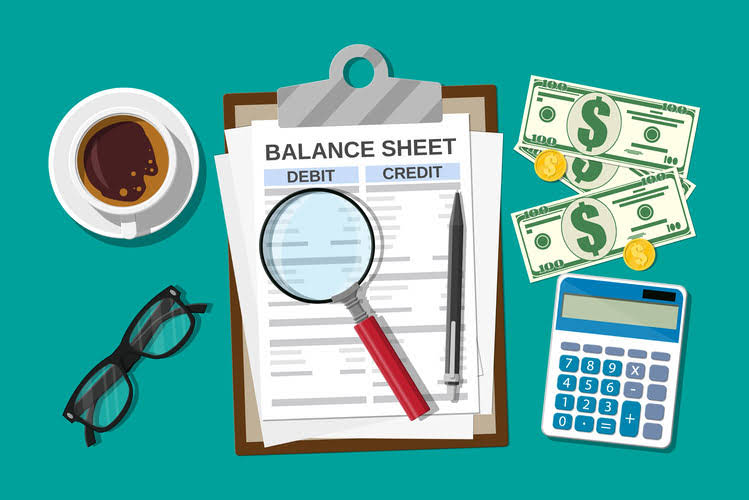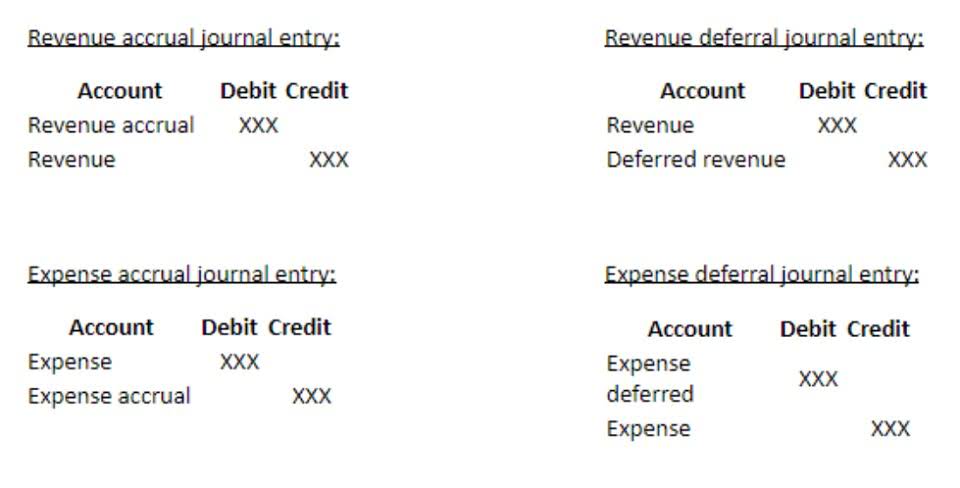
CPAs are more specialized in tax codes and can represent clients before the Internal Revenue Service in case of an audit. CPAs must meet ongoing educational requirements to maintain their accreditation. Taking the next step in maintaining your company’s records can seem daunting, but there are plenty of options available that will make it easier for you to stay focused on growing your business.
Get in Touch With a Financial Advisor
- You may also be an ideal bookkeeping candidate if you want a good job with a respectable wage and decent security but may not be looking for a long-term career.
- Shoeboxed is a valuable tool for both bookkeepers and accountants, enhancing their efficiency and accuracy in managing financial records and other documents.
- There are no education requirements that must be met for an individual to begin working as a bookkeeper, which is in stark contrast to the higher education accountants must earn.
- Below, we’ll take a closer look at bookkeeping vs accounting, their key differences, and how working with bookkeepers and accounts can benefit your small business.
To maximize earning potential and secure long-term job stability, it’s worth pursuing a career as an accountant. The demand for qualified employees is another area where accounting and bookkeeper careers are very different. According to BLS, the demand for bookkeepers is predicted to fall by 6% between 2022 and 2032 as bookkeeper vs accountant salary financial software becomes more advanced. Business owners will probably still have bookkeepers, but fewer employees will be able to manage record-keeping operations. Some accountants spend their workdays assessing financial transactions and records to find areas to cut costs, increase income and improve profit margins.

Professional Standards and Ethics
Bodies like the American Institute of Certified Public Accountants (AICPA) or the Association of Chartered Certified Accountants (ACCA) govern accounting and bookkeeping professionals. Bookkeepers and accountants must adhere to ethical and industry standards and maintain professional conduct. When preparing financial statements, they must adhere to specific accounting standards https://www.bookstime.com/ such as Generally Accepted Accounting Principles (GAAP) or International Financial Reporting Standards (IFRS). Bookkeepers and accountants must stay updated on local, state, and federal tax laws and regulations. The regulations include filing accurate tax returns for individuals and businesses, understanding deductions and credits, and complying with tax deadlines.

Key Skills for Bookkeepers and Accountants
The demand for new bookkeepers stems from a need to replace those who retire and workers who transfer to other industries. If you’re looking online for bookkeeping certifications, you’ve probably already run into information about accounting programs. While there are similarities between bookkeeping vs. accounting, these two fields are not the same. Forbes Advisor’s education editors are committed to producing unbiased rankings and informative articles covering online colleges, tech bootcamps and career paths. Our ranking methodologies use data from the National Center for Education Statistics, education providers, and reputable educational and professional organizations.
- A CIA or certified internal auditor is an accountant who is certified to conduct internal audits.
- The editorial asserted that not enough new bookkeepers are emerging to replace professionals aging into retirement.
- You can stuff your receipts into one of our Magic Envelopes (prepaid postage within the US).
- The bookkeeper’s role is transactional, laying the groundwork for the accountant’s role, which is more advisory and analytical in nature.
- Accountants use bookkeeping records to assess big-picture finances and make smart business decisions.
- These bookkeeper records will be crucial when it is time for your accountant to step in and handle the interpretation of this data.
To Ensure One Vote Per Person, Please Include the Following Info
Here is more about what makes bookkeepers and accountants different, how to choose between the two, and whether you should trust your finances with software alone. This individual usually holds an accounting degree and is registered as a certified public accountant (CPA). To use that title, CPAs must pass the CPA exam—which is a highly valued credential in the accounting industry. Since accountants use the information gathered by bookkeepers to prepare larger financial statements and reports, the accounting process wouldn’t be possible without the help of bookkeepers. Bookkeepers generally need strong attention to detail, data entry skills, and proficiency in bookkeeping software. Accountants require analytical skills, a deeper understanding of financial principles, knowledge of accounting standards, and often more advanced education, e.g., a degree in accounting or finance.
Bookkeeper vs. accountant: Which job is right for you?

Their financial analyses and strategies are only as good as the data they’re provided with. Ultimately, your circumstance determines whether a bookkeeping certification would be worth it for you. Junior bookkeepers looking to establish themselves in the field are arguably more likely to benefit from certification.
- To maximize earning potential and secure long-term job stability, it’s worth pursuing a career as an accountant.
- Knowing the difference will help you make informed decisions about your financial management.
- Credentials like the CB and CPB certifications may also help bookkeepers develop the superior skills that boost their overall compensation rates.
- Experienced bookkeepers, on the other hand, may not see a significant return on investment.
- A bookkeeper’s role is primarily transactional, dealing with the day-to-day recording of financial transactions, including purchases, sales, receipts, and payments.

